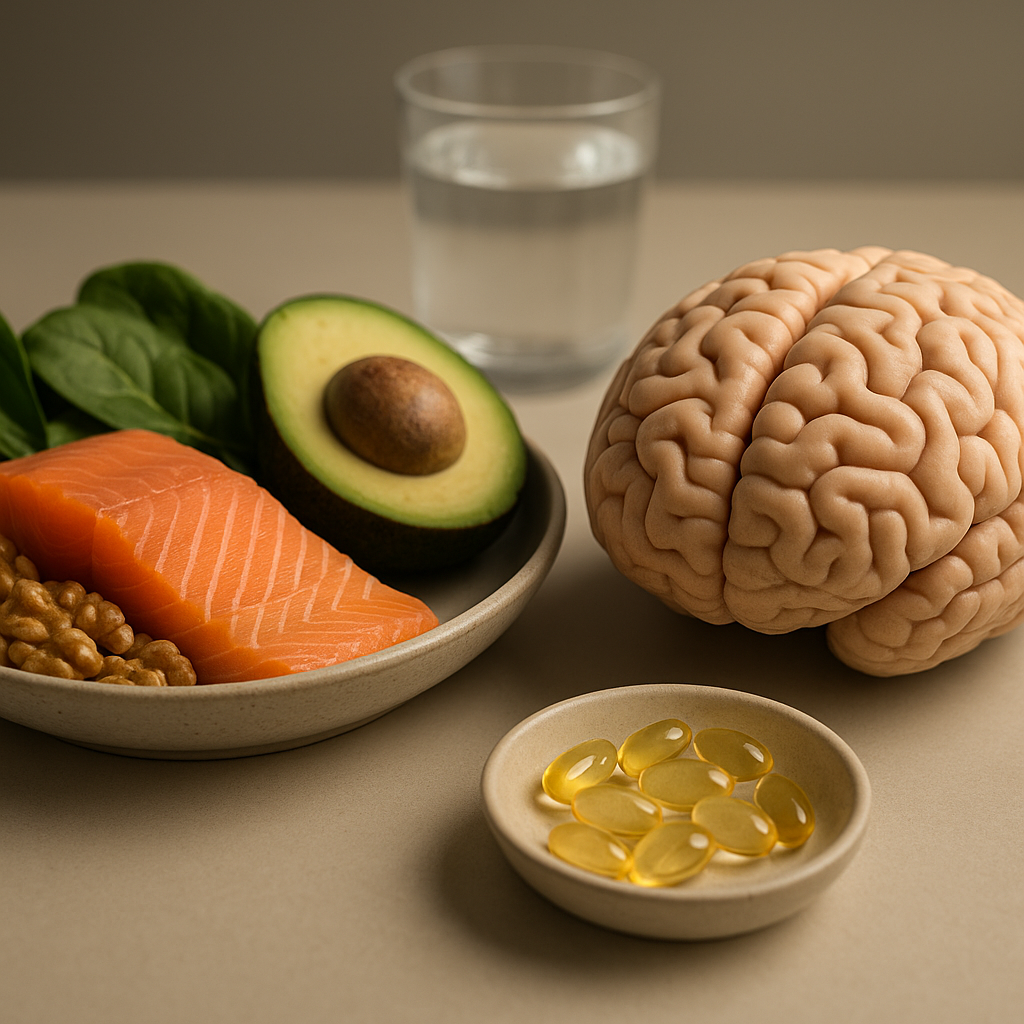Nutrition Science and Mental Wellbeing: A Vital Connection
A growing body of research underscores the profound impact that nutrition has on mental health. As society grapples with rising mental health issues, understanding the interplay between dietary habits and well-being has never been more critical. This article explores the emerging insights into how what we eat influences our mental states.

The Role of Nutrition in Mental Health
Nutrition affects brain function, impacting mood and overall mental health. Scientific studies indicate that certain nutrients play vital roles in brain chemistry:
- Omega-3 Fatty Acids: Found in fish such as salmon and walnuts, these fats are known to support brain function and protect against depression.
- B Vitamins: Particularly B12 and folate, are essential for energy production and the synthesis of neurotransmitters, influencing mood and cognitive function.
- Antioxidants: Foods high in antioxidants, like berries and leafy greens, combat oxidative stress, which can contribute to mental decline.
Recent Research Developments
Recent discoveries highlight how specific dietary patterns can even play a preventative role in mental health conditions.
"Nutrition is not a standalone solution but an integral part of a holistic approach to mental health treatment," said Dr. Jennifer Peters, a leading researcher in metabolic psychiatry.
The Mediterranean Diet: A Case Study
The Mediterranean diet, rich in fruits, vegetables, whole grains, and healthy fats, is frequently credited with enhancing mental well-being. Studies suggest that adherence to this diet may lower the risk of depression and anxiety. Key components include:
- High consumption of fruits and vegetables
- Regular intake of fish
- Use of olive oil over saturated fats
- Lower consumption of processed foods and refined sugars
Environmental Influences
While diet plays a significant role, environmental factors also affect mental health. Where an individual resides can influence dietary choices. Access to fresh produce versus processed foods in various neighborhoods illustrates this disparity:
- Residents in food deserts often face barriers to healthy eating, which can exacerbate mental health issues.
- Community initiatives focused on increasing local access to nutritious foods have shown promise in improving residents' well-being.
Mental Health Innovations in Research
The intersection of nutrition and mental health has led to significant advancements in research funding. The Baszucki Group recently recognized six emerging leaders through the Metabolic Psychiatry Scholar Award, aiming to promote innovative approaches to mental health challenges.
"Emerging research in metabolic psychiatry is revealing exciting possibilities for the future of mental health treatment," stated Dr. Samuel O'Brien, a recipient of the award.
Practical Steps to Enhance Wellbeing
Individuals seeking to improve their mental health through dietary means can consider the following:
- Incorporate more whole foods into meals, focusing on plant-based options.
- Stay hydrated, as dehydration can impact mood and cognitive clarity.
- Monitor sugar intake, which can lead to mood swings and energy crashes.
- Seek professional guidance for personalized nutrition advice, especially for those with specific mental health concerns.
Conclusion: A Holistic Approach
The relationship between nutrition science and mental wellbeing is complex and evolving. As research continues to shed light on this critical area, the integration of dietary practices with mental health strategies could offer new avenues for treatment and improvement of mental health care. Emphasizing nutrition alongside traditional therapies may lead to more holistic and effective approaches for those struggling with mental health challenges.
Related Video
For further insights into the impact of nutrition on mental health, watch this video.








